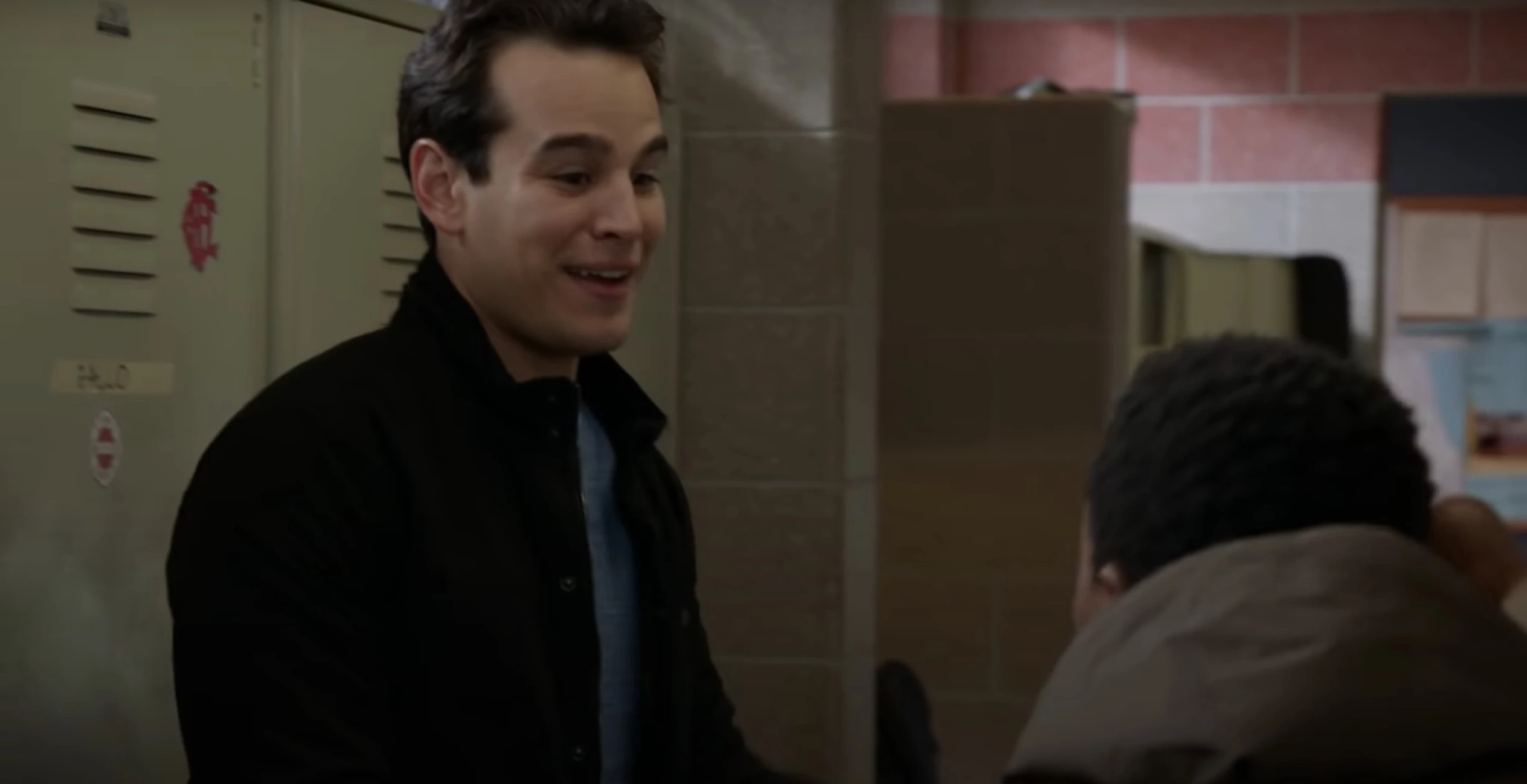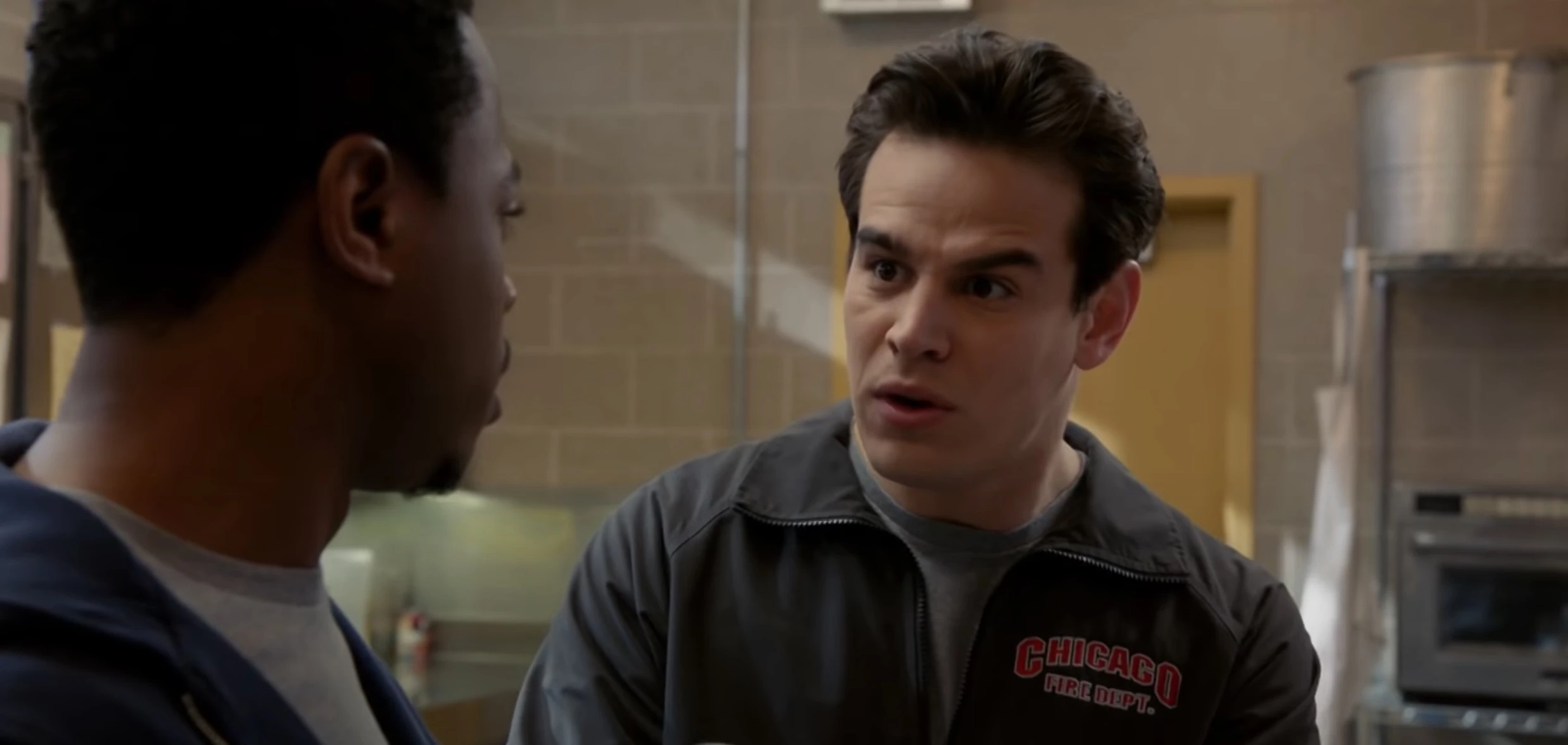Why Did Gallo Leave Chicago Fire? Unpacking The Story Behind His Departure
When Javier "Chicharito" Hernandez joined the Chicago Fire, fans were ecstatic about the club's new era under his leadership. However, the unexpected departure of Carlos de la Rocha Gallo, a key figure in the club's management, left many wondering why he left. In this article, we delve into the reasons behind Gallo's departure and explore its implications for the franchise.
Gallo's role at Chicago Fire was pivotal in shaping the team's strategy and operations. His experience and expertise were highly regarded in the soccer community, making his exit a significant event for the club. Understanding why Gallo left Chicago Fire requires examining the broader context of the club's management changes and strategic decisions.
This article aims to provide a comprehensive analysis of Gallo's departure, exploring the reasons behind it and its potential impact on the club's future. By examining key events, decisions, and insights from industry experts, we aim to shed light on this pivotal moment in the franchise's history.
Read also:Unveiling The Talented Steve White A Journey Through An Actors Extraordinary Career
Table of Contents
- Carlos Gallo Biography
- Gallo's Role at Chicago Fire
- Reasons for Gallo's Departure
- Management Changes at Chicago Fire
- Impact of Gallo's Departure
- Future Direction of the Club
- Expert Opinions and Analysis
- Fan Reaction and Community Impact
- Historical Context of Leadership Changes
- Conclusion and Final Thoughts
Carlos Gallo Biography
Carlos de la Rocha Gallo, commonly known as Gallo, has been a prominent figure in Major League Soccer (MLS) for many years. Before joining the Chicago Fire, Gallo held various leadership roles in soccer organizations, including stints with Liga MX clubs. His extensive experience in player development, team management, and strategic planning made him a valuable asset to the Chicago Fire.
Gallo's Career Highlights
Gallo's career is marked by numerous achievements, including:
- Successfully managing multiple soccer teams in Mexico and the U.S.
- Contributing to the development of young talent in the soccer community.
- Implementing innovative strategies that improved team performance.
Biodata of Carlos Gallo
| Full Name | Carlos de la Rocha Gallo |
|---|---|
| Date of Birth | March 12, 1965 |
| Place of Birth | Mexico City, Mexico |
| Professional Role | Director of Soccer Operations |
| Years in MLS | 2017 - Present |
Gallo's Role at Chicago Fire
At Chicago Fire, Gallo served as the Director of Soccer Operations, overseeing player recruitment, team strategy, and overall club management. His role was crucial in aligning the club's vision with its operational goals, ensuring a cohesive approach to building a competitive team.
Key Responsibilities
- Player recruitment and contract negotiations.
- Collaboration with coaching staff to develop game strategies.
- Building relationships with stakeholders, including sponsors and fans.
Reasons for Gallo's Departure
The reasons behind Gallo's departure from Chicago Fire are multifaceted. While official statements cite differences in strategic vision, several factors contributed to his decision to leave the club.
Strategic Vision Misalignment
Gallo reportedly disagreed with the club's long-term strategy, particularly regarding player recruitment and investment in youth development. This misalignment in vision likely played a significant role in his decision to step down.
Organizational Changes
Chicago Fire underwent significant organizational changes during Gallo's tenure, including new ownership and management restructuring. These changes may have influenced his decision to leave, as adapting to a new leadership structure can be challenging.
Read also:How To Activate Windows Using Cmd A Comprehensive Guide
Management Changes at Chicago Fire
The departure of Gallo coincided with broader management changes at Chicago Fire. New ownership brought fresh ideas and strategies, which required adjustments across the organization. Understanding these changes is essential to grasping the context of Gallo's exit.
New Ownership and Leadership
Chicago Fire's new ownership group introduced a different management style, focusing on short-term success and financial sustainability. This shift may have conflicted with Gallo's long-term vision for the club.
Impact of Gallo's Departure
Gallo's departure had a significant impact on Chicago Fire, both in terms of team dynamics and fan perception. His absence created a leadership vacuum that the club needed to address promptly.
Team Dynamics
Without Gallo's guidance, the team faced challenges in maintaining cohesion and implementing effective strategies. The transition period following his departure tested the club's ability to adapt quickly.
Future Direction of the Club
As Chicago Fire moves forward, the club must redefine its strategic direction to ensure long-term success. This involves addressing the leadership gap left by Gallo and aligning the team's goals with the expectations of new ownership.
Prioritizing Youth Development
Investing in youth development remains a critical component of the club's future strategy. By nurturing young talent, Chicago Fire can build a sustainable and competitive team capable of achieving success in MLS.
Expert Opinions and Analysis
Industry experts have weighed in on Gallo's departure, offering insights into its implications for the club. According to analysts, Gallo's exit highlights the challenges faced by MLS teams in balancing short-term success with long-term growth.
Insights from Soccer Analysts
Experts emphasize the importance of maintaining a clear vision and consistent leadership in professional sports organizations. They suggest that Chicago Fire must address these issues to avoid similar challenges in the future.
Fan Reaction and Community Impact
Gallo's departure generated a strong reaction from fans, who valued his contributions to the club. The community's response underscores the significance of effective leadership in maintaining fan engagement and loyalty.
Engaging the Fan Base
To rebuild trust and maintain fan support, Chicago Fire must communicate openly about its future plans and demonstrate a commitment to achieving success. Engaging the community through transparent communication is vital for the club's recovery.
Historical Context of Leadership Changes
Leadership changes in sports organizations are not uncommon, particularly in rapidly evolving leagues like MLS. Examining the historical context of such changes provides valuable insights into their potential impact on team performance and fan loyalty.
Lessons from Other Clubs
Successful clubs have navigated leadership transitions by prioritizing continuity and maintaining a strong organizational culture. Chicago Fire can learn from these examples to ensure a smooth transition following Gallo's departure.
Conclusion and Final Thoughts
Gallo's departure from Chicago Fire marks a significant moment in the club's history. While the reasons behind his exit are complex, understanding the broader context of management changes and strategic decisions is crucial for assessing its impact. As the club moves forward, prioritizing youth development, maintaining fan engagement, and aligning with new ownership's vision will be key to achieving long-term success.
We invite you to share your thoughts on Gallo's departure and its implications for Chicago Fire. Leave a comment below or explore other articles on our site to learn more about the world of soccer. Together, let's continue the conversation and support the growth of MLS clubs across the United States.


